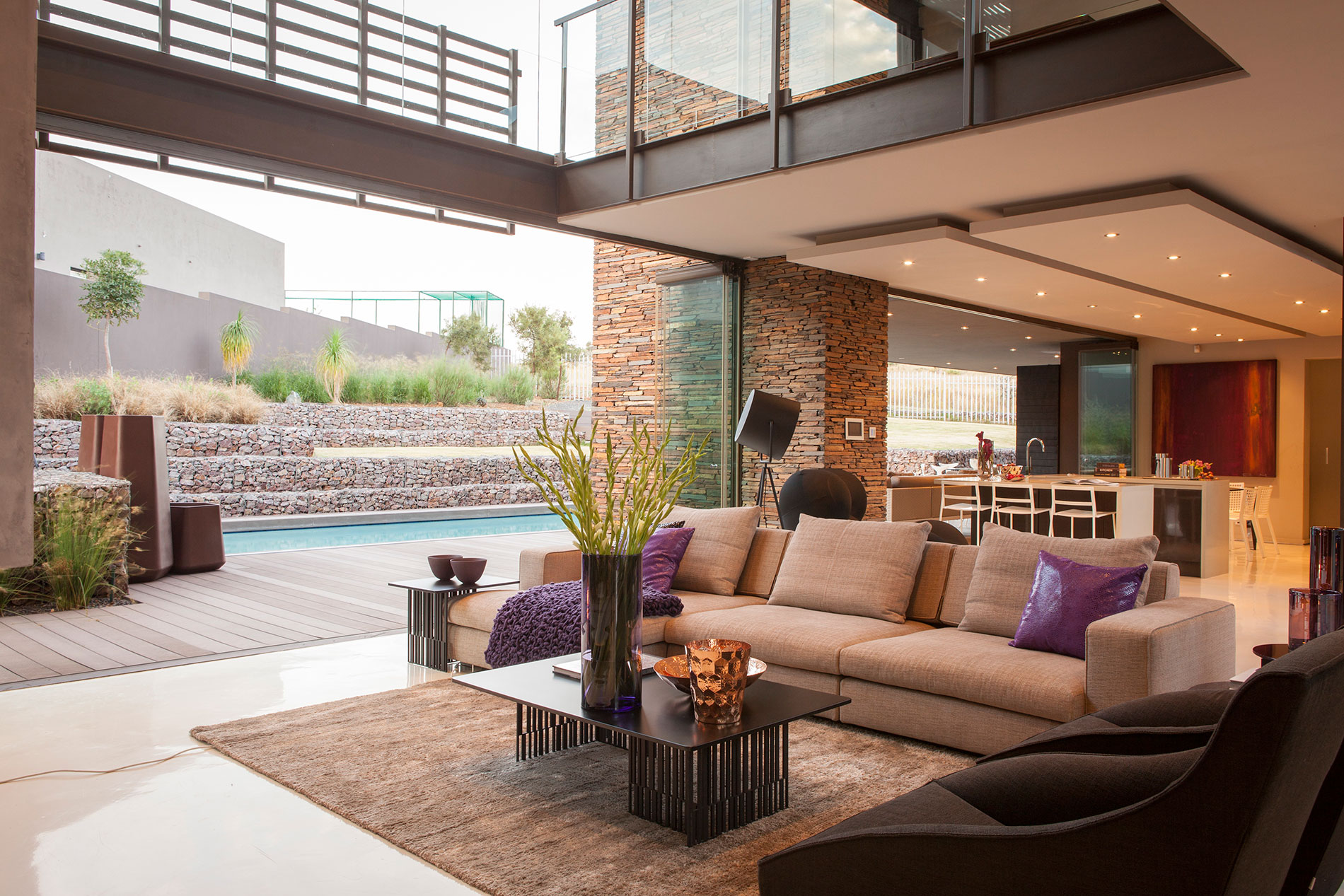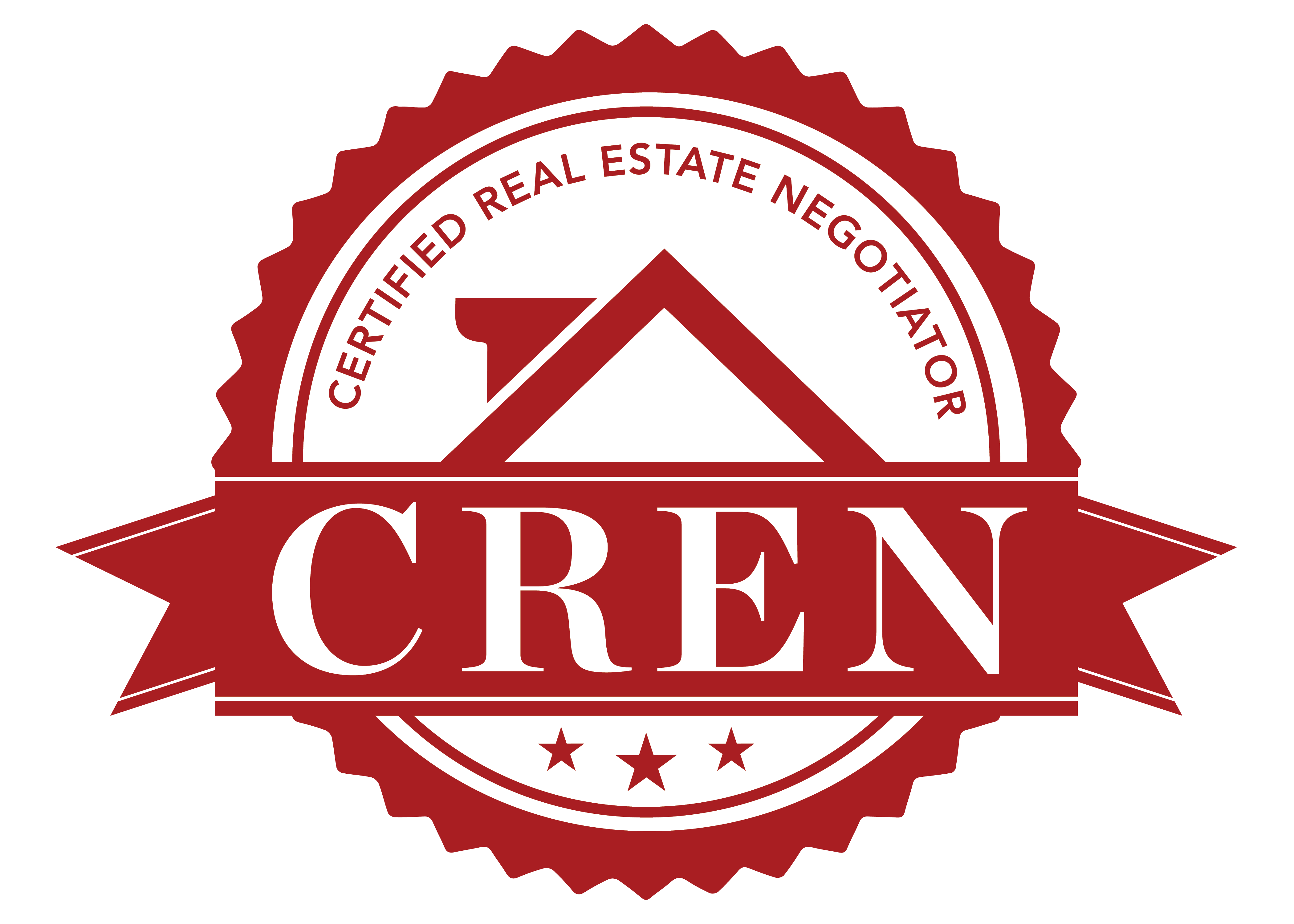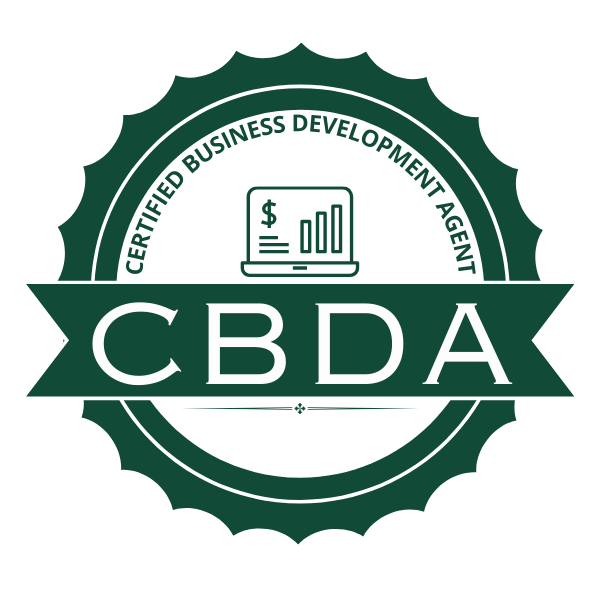
In conclusion, while both leasing and purchasing have their merits, the choice largely depends on personal circumstances, financial health, and long-term goals. Toronto’s dynamic real estate scene offers opportunities for all, whether you’re looking for a cozy rental in the Distillery District or a townhouse in Yorkville. Remember, it’s not just about property; it’s about finding a place that feels like home. ❤️
Conclusion: Owning costs about $1,108 more per month. But, as always, there’s more to the story.
Suppose both the renter and the homeowner stay in the condo for 5 years. After this duration…
Conclusion: The homeowner nets around $78,635 more than their initial investment after selling.
Remember, this revised comparison is a simplified illustration. Various factors, such as market fluctuations, unexpected maintenance expenses, and potential investment opportunities for the renter, can influence the outcome.
As always, this comparison isn’t black and white. The homeowner’s additional costs, market variability, and potential investment returns for the renter can alter the math.










 Views Last 7 days : 196
Views Last 7 days : 196 Views Last 30 days : 780
Views Last 30 days : 780 Views This Year : 4261
Views This Year : 4261 Total views : 8221
Total views : 8221